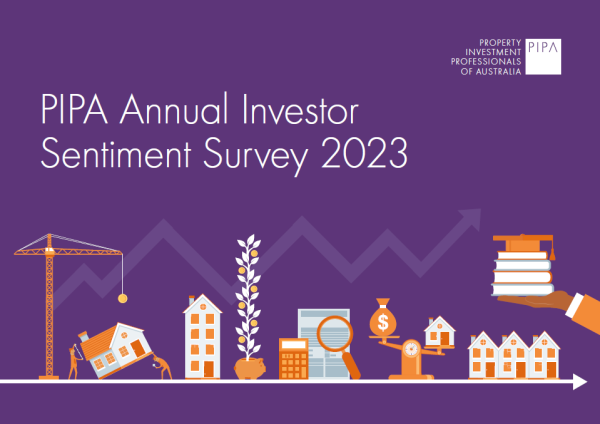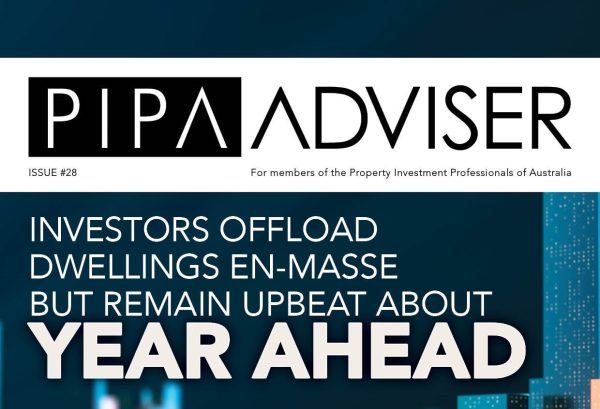Tax deduction missed by real estate investors costs thousands
Oct 2021Karen Millers
Categories
Location ReportsMedia releasesNational market updatesPersonal advisersPIPA AdviserPIPA Annual Investor Sentiment SurveysPIPA Member ProfilesPIPA video updatesPIPA webinarsPodcastsProperty advisersProperty newsLatest Articles
Rent rises ease but crisis’ link to population density found to be tenuous
Jordan van den Berg: The ‘Robin Hood’ TikToker taking on Australian landlords
Victorian property investors face yet another new property tax as council tests levy
Rentvesting in Australia: A deep dive
‘More chance of winning lotto’ than housing targets being met
Almost half of Australia’s 2.2 million property investors are not claiming one of the most lucrative tax deductions available to landlords, raising concerns that many are throwing money away.
Capital works deductions – for the declining value of a property’s bricks and mortar and other fixed assets – are only made by 52 per cent of investors, according to the latest Australian Taxation Office data.
Government rule changes in 2017 banned depreciation deductions for items including carpets and curtains in second-hand properties, but left capital works deductions untouched – a fact that’s not understood by all investors and could be costing them thousands of dollars a year.
Property Investment Professionals of Australia chairman Peter Koulizos said some landlords thought the ban applied to all depreciation so didn’t bother booking a deprecation report.
“They’re not aware they can claim it,” he said.
“They’re paying more tax than they should.”
The potential losses are large. For an investment property with a structural component of $300,000, the capital works deduction can be $7500 a year because of the 2.5 per cent annual capital works deduction allowed over 40 years.
A majority of older homes have had some type of tax-deductible work done on them.
“For an investor earning an average $80,000 salary, it’s almost $2500 extra you could have in your pocket each year,” Mr Koulizos said.
Capital works deductions are generally available for properties built after 1987 and structural improvements after 1992.
“If the house was built in the 1960s and had no renovations, it’s probably not worth it – but you will be hard-pressed to find a house that’s 50 or 60 years old and hasn’t had some work done on it,” Mr Koulizos said.
It’s often the newbies to property investment that miss out on tax deductions,” he said.
A depreciation report typically costs about $700, although there are cheaper online options with no site visits organised and no guarantees that the cost will be covered by the tax benefit.
BMT Tax Deprecation chief executive officer Bradley Beer said capital works deductions represented up to 90 per cent of all depreciation claims.
He said investors who didn’t get money back for these deductions were “letting our mates in Canberra spend it”.
“People think it’s not worth it and listen to people who aren’t experts,” Mr Beer said.
He said two-thirds of depreciation reports for older houses included capital works claims that had nothing to do with the original build.
Property investors who renovate can also claim when “scrapping” old items that still have some residual value left in them.
“There’s lots of people who have something built in the 1990s and are told it doesn’t get depreciation, but it has substantial deductions,” Mr Beer said.
“People don’t often understand that there’s two parts of depreciation, and there’s still a building component to claim,” he said.
Capital works deductions have an extra bonus because they’re effectively money for nothing – there’s no out-of-pocket costs like interest repayments or council rates.
Anthony Keane, Daily Telegraph, 5 October 2021
https://www.dailytelegraph.com.au/news/national/tax-deduction-missed-by-real-estate-investors-costs-thousands/news-story/c5ff63f0efe7f4ce75490d162873cde7?btr=b8849b1b77c33578636078ae6d5fd1e6




